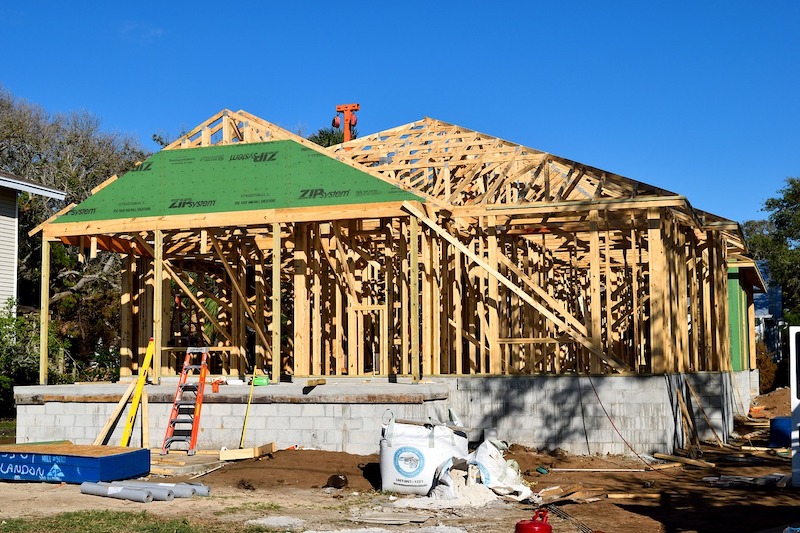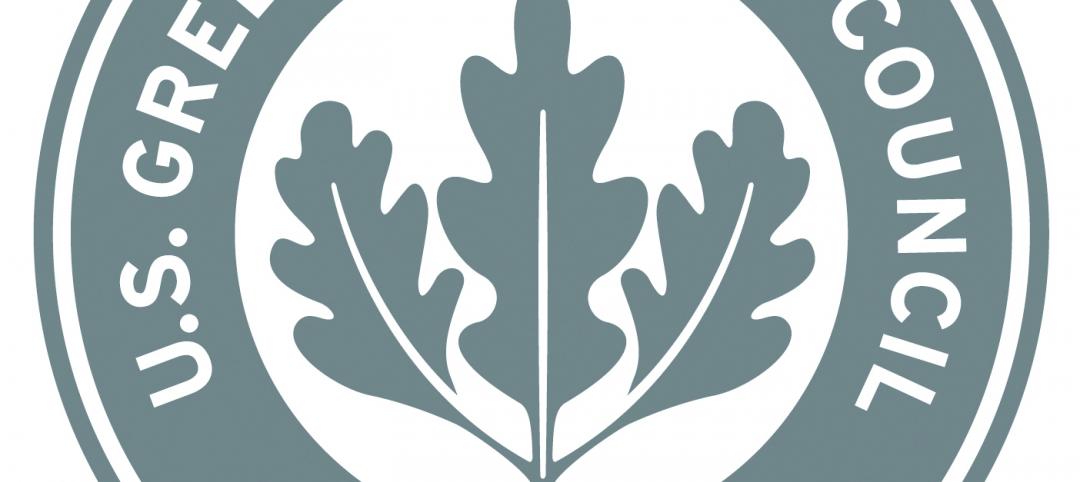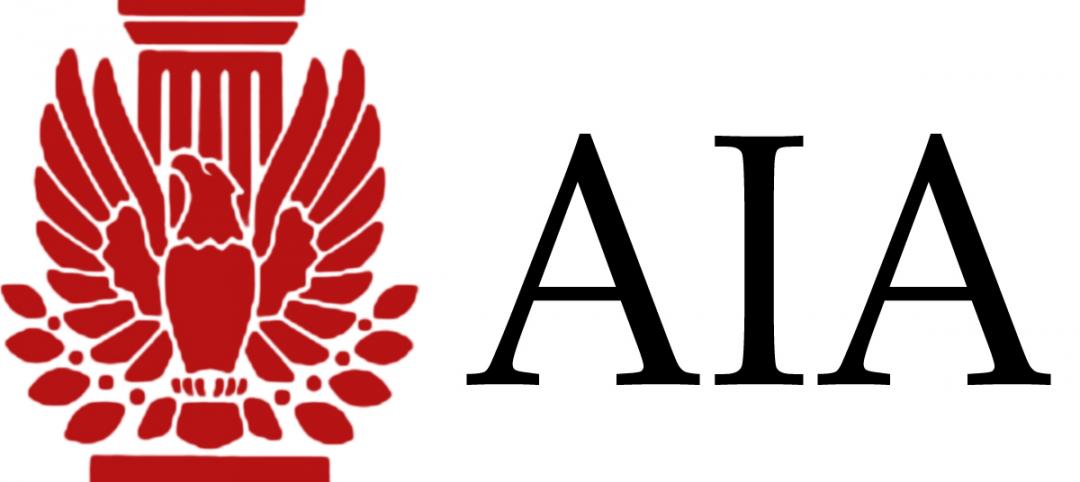The app is based on the “Technical Report 15 (TR 15), Calculation of Sound Transmission Parameters for Wood-Framed Assemblies.” That report addresses the 2018 International Building Code’s two parameters to establish minimum acoustical requirements: Sound Transmission Class (STC) and Impact Insulation Class (IIC).
Compliance with these requirements may be demonstrated through testing or through engineering analysis based on empirical test data from similar assemblies. The Acoustics App uses the AWC empirical model, based on empirical test data, to estimate STC and IIC values that can be used to demonstrate compliance of wood-frame floor-ceiling assemblies with these code-regulated sound transmission parameters.
“We released the TR 15 to simplify how wood-framed floor-ceiling assemblies can comply with the acoustical requirements,” said Brad Douglas, AWC vice president of engineering. “We’ve now taken it a step further by developing this free app. It is now even easier for code officials and designers to determine what wood-frame floor-ceiling assemblies can comply with code-specified acoustical requirements.”
Related Stories
| Jan 4, 2013
Tilt-Up Concrete Association releases new temporary wind bracing guidelines
The Tilt-Up Concrete Association has released revised guidelines on Temporary Wind Bracing of Tilt-Up Concrete Panels During Construction.
| Jan 4, 2013
San Diego office tower to be America's biggest net-zero building
The 13-floor, 415,000 sf La Jolla Commons II office tower in San Diego will be the largest building in the U.S. built to the net-zero standard upon completion in 2014, according to real estate firm Hines.
| Jan 4, 2013
Manchester, England building achieves highest BREEAM rating in U.K.
One Angel Square in Manchester, England, is the highest scoring outstanding building for the Building Research Establishment Environmental Assessment Method (BREEAM) in the U.K.
| Dec 27, 2012
Pentagon eases leasing standards established in 9/11 aftermath
The Pentagon has eliminated the stringent real estate leasing standards it put into place following the Sept. 11, 2001, terrorist attacks, reverting back to a version widely used by federal civilian agencies.
| Dec 27, 2012
Google provides USGBC with $3 million grant to transform building materials industry and indoor health
Google has contributed a $3 million grant to the U.S. Green Building Council (USGBC) to help transform the building materials industry and accelerate the creation of healthier indoor environments.
| Dec 27, 2012
Former industrial French city reshapes itself according to ambitious green standards
Nantes has a strong commitment to address challenges such as urban sprawl and carbon dioxide emissions.
| Dec 27, 2012
New York City law tracking building energy use yields surprises
A legally mandated report that tracks the energy use of New York City's largest buildings provides details about which buildings are achieving higher-than-expected energy efficiency, such as the Chrysler and Empire State buildings, as well as those that are performing poorly.
| Dec 27, 2012
New Jersey considers green roof mandate for state buildings
The New Jersey legislature is considering a bill that would require installation of green or blue roofs on state buildings that are at least 15,000 sf.
| Dec 20, 2012
AIA’s Healthier Communities Through Design showcases local policy initiatives
The American Institute of Architects released Local Leaders: Healthier Communities Through Design, a report that demonstrates the power of architecture to improve public health with policies that promote active living, accessibility, transit options, and better indoor air quality.















